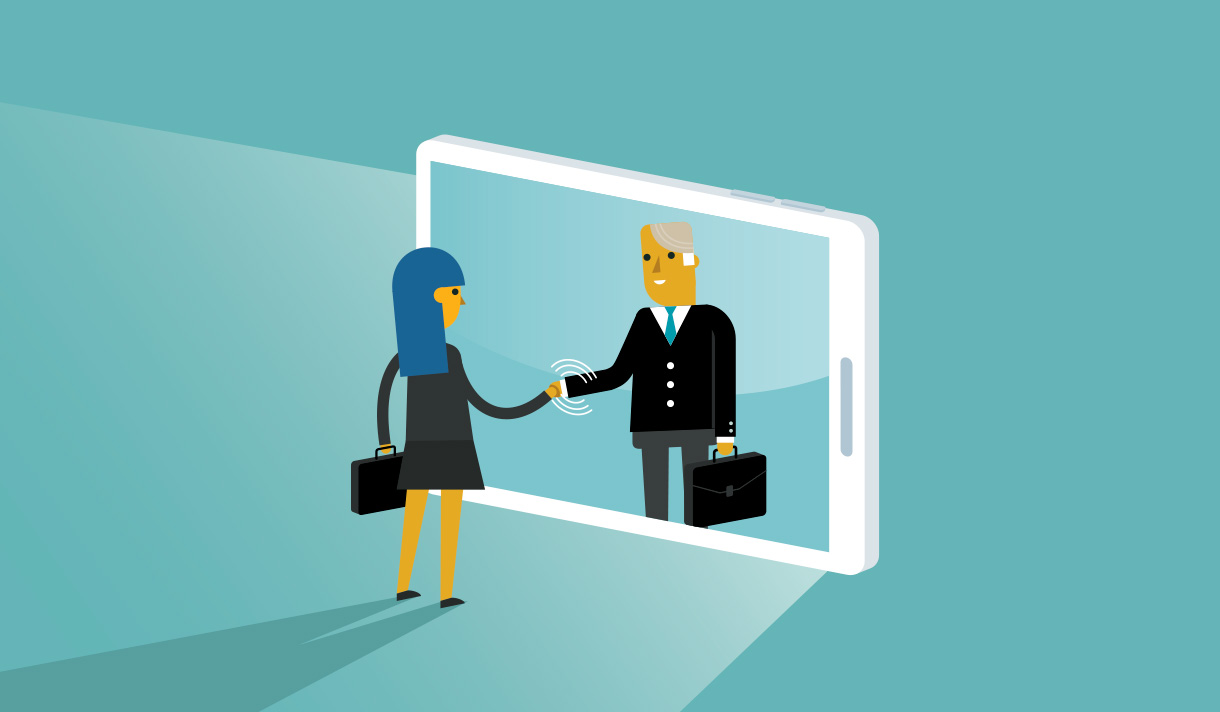
Job interviews can make anyone nervous. After all, you would want to make the best impression you can. But, when it comes to school leavers or fresh graduates, they seem to have an added challenge: little formal job experience.
They have the objective to prove to the employer that their studies and university experiences relate to the job they are seeking. As part of the communication skills segment, they should also work on several aspects that will help them nail down that job interview.
#1.Adopt Winning Strategies

The winning strategy that I’m referring to consists of knowing what you want as a career and what you are passionate about.
Here are some essential questions you need to ask yourself:
- Do you want a job or a career?
- Would it be for a short term or long term?
- Which work environment you want to join: private, public or none for profit?
#2. Dress Code

Your image is like the“Home Page” of a website. The first impression you make on a potential employer is the most crucial one. The first judgment an interviewer makes is going to be based on how you look and what you are wearing – before you even have the chance to say a word or shake a hand. That’s why, in many cases, it is still important to dress professionally for a job interview, regardless of the work environment.
In order to make a good first impression, you need to dress professionally and separate your social image from your professional presence. In general, a candidate dressed in a suit and tie is going to make a much better impression than the candidate dressed in scruffy jeans and t-shirts.
How to Dress For a Professional Interview:
Men’s Interview Attire:
- Formal suit
- Long sleeve shirt (mostly white-colored one)
- Belt
- Tie
- Dark socks, conservative leather shoes
- Little or no jewelry
- Neat, professional hairstyle
- Limit the aftershave
- Neatly trimmed nails
- Portfolio or briefcase
Women’s Interview Attire:
- Formal Suit
- Suit skirt (the skirt should be long enough so as you can sit down comfortably)
- Coordinated blouse
- Conservative shoes
- Professional hairstyle
- Limited jewelry
- Light make-up and perfume
- Neatly manicured clean nails
- Portfolio or briefcase
What Not to Wear On a Job Interview:
- Flip-flops or sneakers
- Shorts
- Jeans
- Skirts that are too short
- Pants that are too tight
- Piercing and tattoos
#3. Attitude and Behavior:

If you go on an interview with a stressed, rumpled or tired look, forget the chances of getting hired.
- Bring a smile, show confidence and stand tall with your shoulders back. To be perceived as confident, women can wear light make-up. In our society, well-applied make-up conveys high self-esteem and confidence. It says that you pay attention to details.
- Breathe powerfully. Accumulated stress shows in your body via your breathing. The more stressed you are, the more you tend to breathe shallowly. Take time to build the self-confidence needed.
- During your job interview, try to adopt a posture that shows interest but still comes across as being relaxed. You can do this by sitting up straight in your chair, with your back against the back of the chair. If you slouch or hang sideways in your chair, it might give the impression that you are not that interested in the job. However, sitting on the edge of your chair can come across as being a little tense and might give the impression that you feel uncomfortable.
#4. Eye Contact:

When you are looking directly at the interviewer, you are depicting a sign of trust and confidence. You are also claiming control over the conversation.
In the comment section below, you can share your first job interview experience with us.
